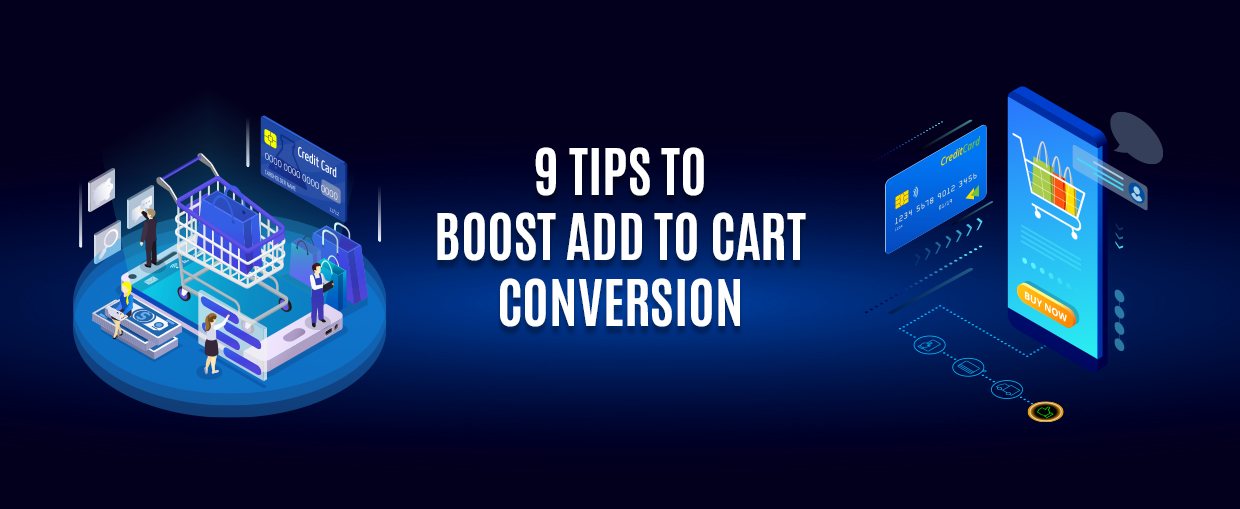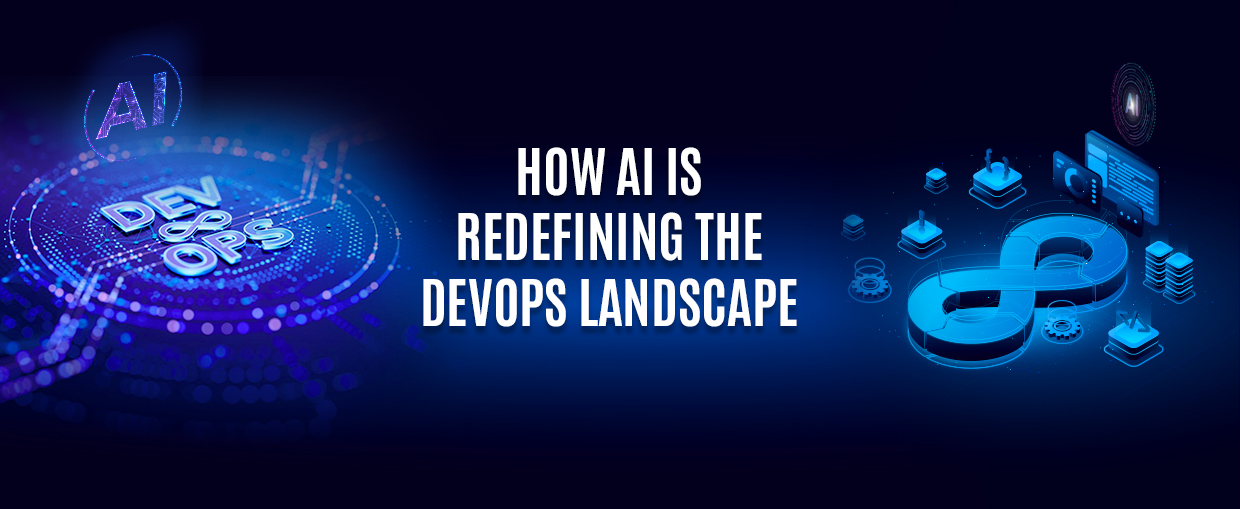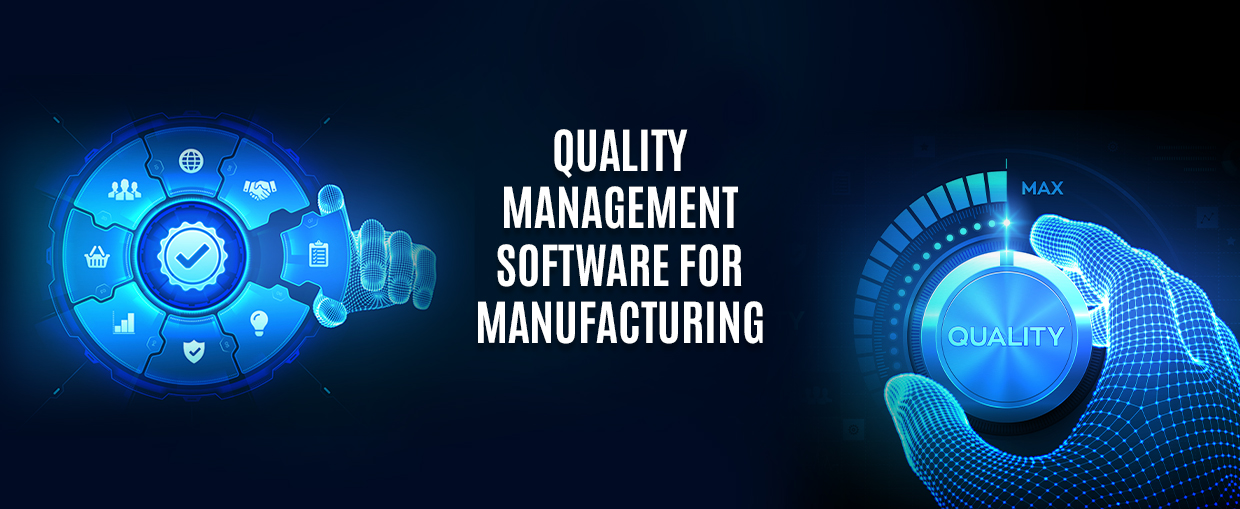Choosing the right type of custom software development for your next project can mean the difference between a missed opportunity and a successful product launch. Developers use several approaches to bring your project to life. Each of these options has different pros and cons and is used for different purposes.
Let’s take a look at the most frequently used types of custom software development and why you would want to choose one option over another or go for a hybrid approach.
Custom Software Development Methodology
Custom software development relies on five essential factors:
1. An integrated development environment (IDE) with features that include things like dependency management, code completion, and other several tasks.
2. Source control tools that simplify the processes to track changes, modify code and roll back with modifications.
3. Automated testing options that make it easy to write repeatable automated tests that show a code’s functionality on the go.
4. Automated build to ensure that everything in the custom software development is working as the project progresses.
5. Defect management for tracking user issues and the status of fixes
Selecting the right type of custom software development matters a lot because it enables better project control and ensures everything from predictable delivery dates to a higher-quality product.
The types of custom software development
When it comes to the types of custom software development, it’s pretty simple – successful projects are those that are well-managed. The different types of software development are all supposed to enhance workflow and create a better product. Usually, the selection process is dependent on the team size, goals and other factors. So, let’s begin!
1.Web development
As the name goes, web development in custom software development is the process of creating web-based apps that people can access through a browser on different devices. Web applications are different from mobile apps that run on smartphones or tablets and therefore do not always need internet access to function.
2.Mobile development
Mobile applications run natively on mobile devices, including tablets, smartphones, and some smartwatches. Since they are generally more knowledgeable in one type or another, a company that offers custom software development services have professionals who tend to work in either iOS or Android development. Such exclusive services with dedicated developers can help you get tailored highly functional apps.
3.Full-stack development
Stacks are a collection of sub-modules that merge to attain a software or an app’s function. Full-stack development includes all aspects of the product, including front-end (which is the client-side) and back-ends (the server-side). It can handle all the custom software development steps from conception to the finished product.
4.Feature-Driven Development
Feature-Driven Development (FDD) is derived from the Agile methodology and is an iterative and incremental approach to custom software development. Like Waterfall, FDD is sometimes considered as an ‘older’ approach. However, it can be an ideal fit for smaller development teams. The approach focuses on features or client-valued workpieces that are delivered frequently.
5.Front-end and Back-end Development
Front-end developers usually work on the client-side of a product in custom software development. That includes fixing bugs and ensuring that the user interface can work on different browsers. Although they are primarily concerned about the user interface (UI), their role is not similar to that of a UI UX designer.
On the other hand, back-end development focuses on ‘behind the scenes’ features and functionalities in custom software development that users do not see. It ensures powerful software performance, security and scalability.
6.Database development
Database development provides organizations with the tools they require to manage data and keep it organized. The lifecycle includes strategy and planning, design, analysis, implementation and maintenance.
7.API development
API (Application Programming Interface) in custom software development includes building the instructions, standards or requirements that enable apps to communicate with each other. Whenever you use a social media application, send an IM, or check the weather on a device, you are essentially using an API.
8.Embedded systems development
With the rise in IoT services, embedded systems development is evolving at a great speed. In custom software development, it creates codes using specific programming languages that control various machines, devices, and equipment that are not traditional computers.
Wrapping Up
This is by no means an extensive list of all types of custom software development – the field is varied and wide. However, these are still some of the most important types that you need to understand when you are looking to hire development teams and developers to work on your next project, and thus build a high-quality product.









